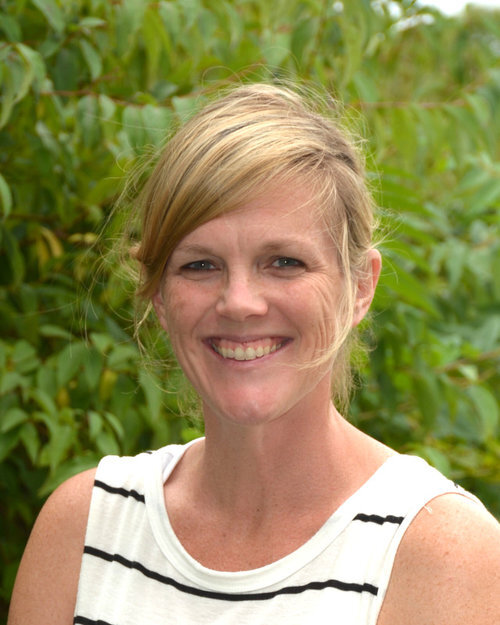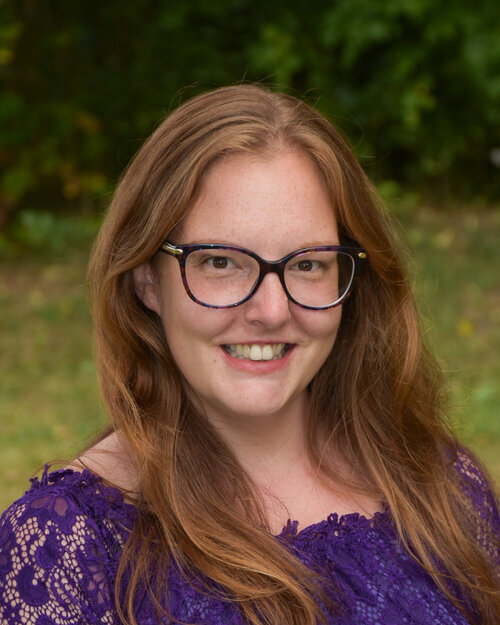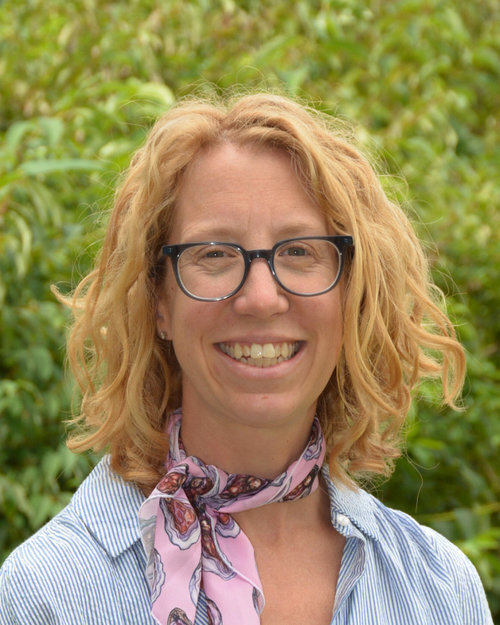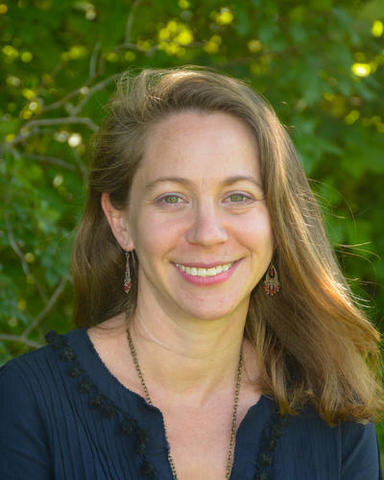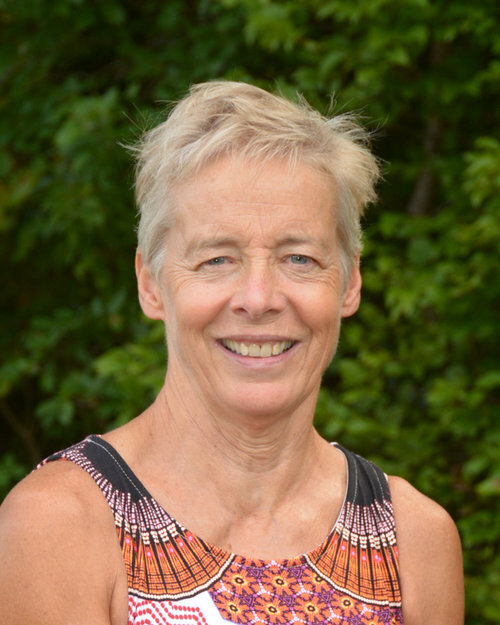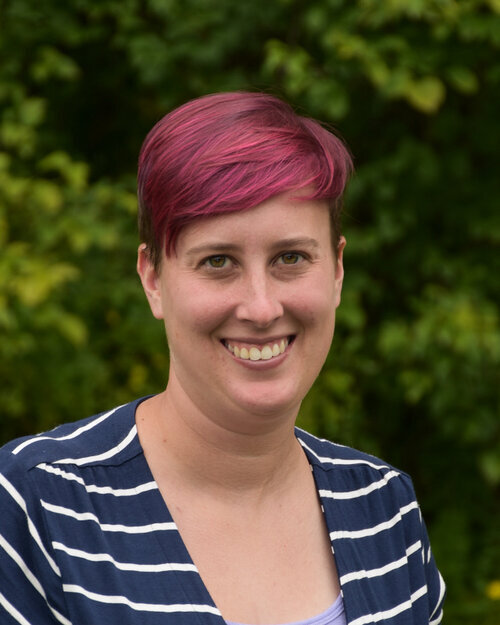Meaning Well, Speaking Well, and Doing Better
As a new teacher almost 20 years ago, I had big dreams for education. Having grown up in the Bronx, I came of age surrounded by people whose lives provided both mirrors for me to see my own culture reflected, and windows for me to see into different cultures and experiences than my own. I was raised to see the world through a social justice lens, and when I embarked on a career in education, I saw it as a vehicle for advancing social justice work. Learning to ask questions, and to engage both creatively and critically with the world, had been essential to my upbringing, and I was taught from a young age that there were no topics of conversation that were off-limits to children. The adults who made a significant impact on me - whether family, friends, or teachers - did so by engaging with me honestly and authentically. They found ways to make the spectrum of life accessible to me - the joys and the wonders, along with the strife and the struggles - and helped me to find beauty and meaning in the fullness of humanity. And so it was with these values instilled in me that I forged a career in education, guided by the belief that all children deserve to have honest, authentic, and clear-eyed exposure and engagement with the world they live in, and support from adults as they examine, investigate, and build knowledge.
Faculty Diversity, Equity + Inclusion Professional Learning Group:
The times we are living through are more complex than any I have encountered in my lifetime. In recent months, I have been grappling with the racism and violence that permeates our culture and is stitched into the fabric of our country’s institutions. This summer, the GUS Diversity, Equity, and Inclusion professional learning group, comprised of Julie Wyman, Laura Doyle, Bre Brandt, Janelle Young, Emily Bloom, and myself, participated in an intensive equity improvement clinic through the Harvard RIDES (Reimagining Integration: Diverse and Equitable Schools) Project, alongside 8 other schools from across the country. During the week before GUS re-opened, our team took part in over 12 hours of meetings to discuss how best to focus our work with the GUS community, both in the short-term of this school year and the long-term of the years ahead. Our discussions led us to conclude that our early work this year will be to define and engage with topics around white privilege and anti-racism, with our staff and faculty, our families, and our students. As members of a predominately white, privileged institution, we feel both a powerful opportunity and a powerful responsibility to educate ourselves and take action. Racism saturates our culture and institutions; it is a force that surrounds us and affects every area of our lives. By beginning our school year with a focus on white privilege and anti-racism, we hope to bring visibility to this sometimes invisible force, and help all members of our community learn to use the immense power and privilege they enjoy to disrupt and dismantle racism in their circles of influence. As Gretchen wrote to families this summer, it is no longer enough for us to “Mean Well, Speak Well, and Do Well” at GUS. We must “Do Better” in our work, both amongst ourselves as adults, and with our children and students, in order to truly be the change we want to see in the world.
As an early-childhood educator, I have always been drawn to using children’s literature to help students engage with the big questions of life. The children’s literature I love has a way of making complex ideas accessible, as words and illustrations merge on picture book pages, bringing stories to life that spark questions and new ideas about the world. This spring and summer in particular, I have found myself going back to the drawing board in my quest to find books that would guide conversations about racism and privilege with my own children, as well as with GUS students. One of my new favorites is a book published this summer by Christian Robinson, called simply, You Matter. This idea of what it means to matter, and why we need to emphasize that Black lives matter, is an idea that may seem simple, yet is clearly deeply complex and has been a source of much conflict in our country. We look forward to delving into this important idea within our community this year, from our youngest preschoolers to our graduating eighth graders, and to our faculty and parent community. While the ways in which we explore the topics of white privilege and anti-racism will vary across the grades, and as adults, the topics themselves will be shared.
I value being part of the GUS community at this time more than ever, as I know that we are all united by our commitment to the GUS mission to “respect all people and value their differences,” and to “act responsibly in our community + the world.” I know that, though we are a community who is united around a mission, there still exists a range of beliefs about how to interpret our shared principles and incorporate them into our lives and into the education of our children. As GUS embarks on deepening our work in these areas, we may find that we agree and disagree on many things going forward. In fact, the GUS statement of diversity + inclusion highlights the value of that conflict by stating that “we see the work of engaging with creative tensions as an opportunity to grow as individuals and as a community.”
As we move forward this year, I hope you will join me in being open, honest, and authentic about your beliefs, and engaging fully in our work around anti-racism and white privilege, with faith that together we can grow individually and collectively, and emerge as a stronger and more impactful community and institution in the end. I look forward to coming together with you all this year in our quest to Mean Well, Speak Well, and Do Better.

